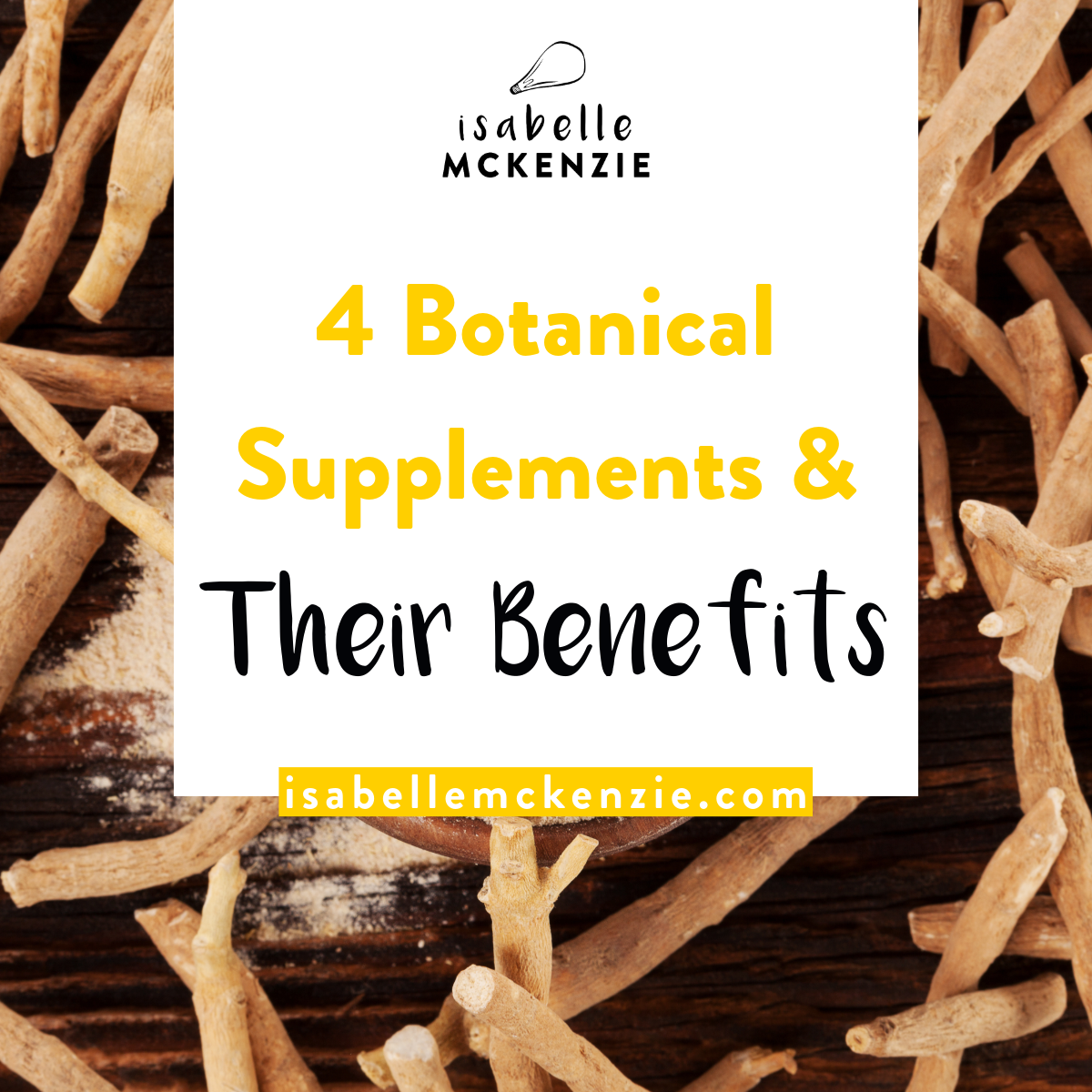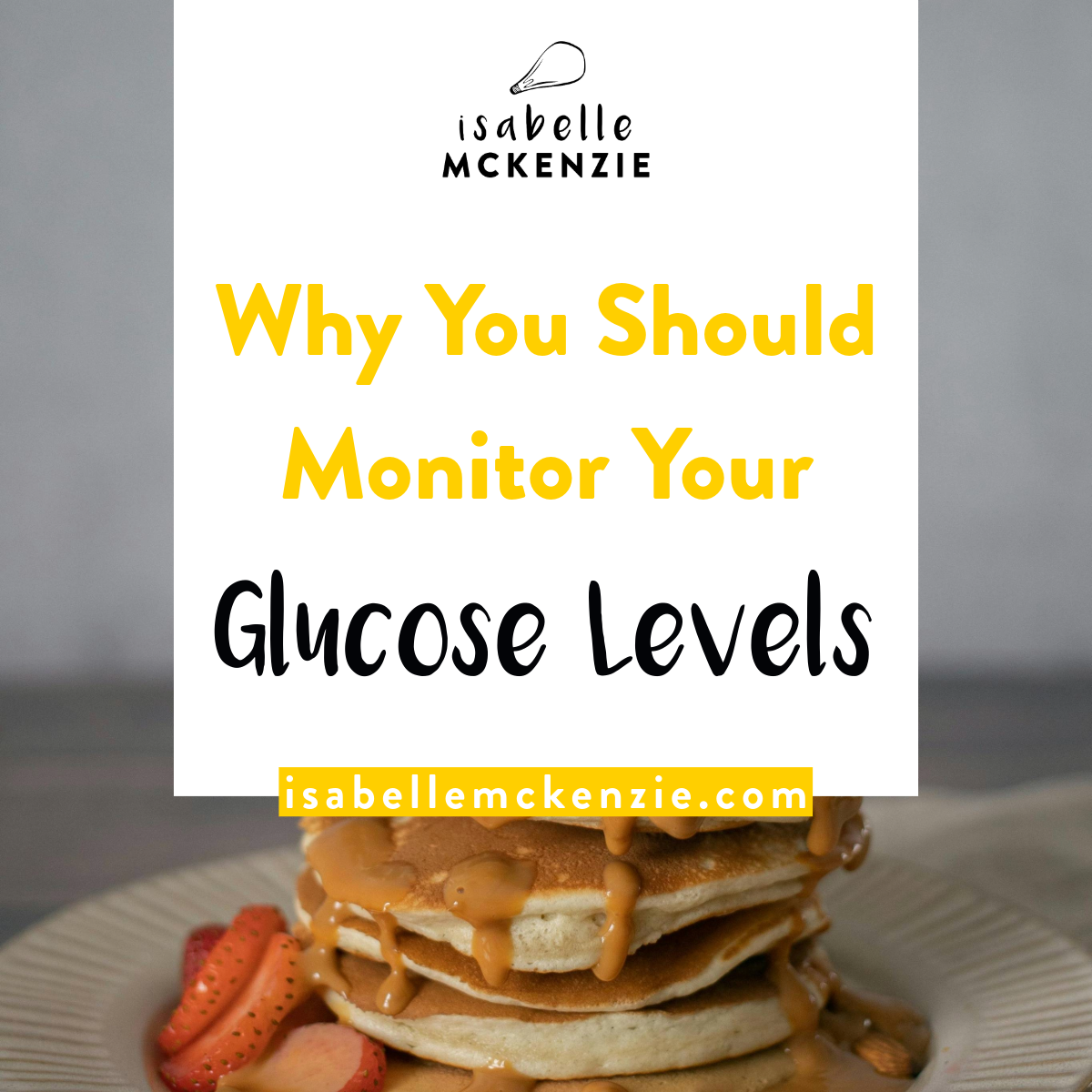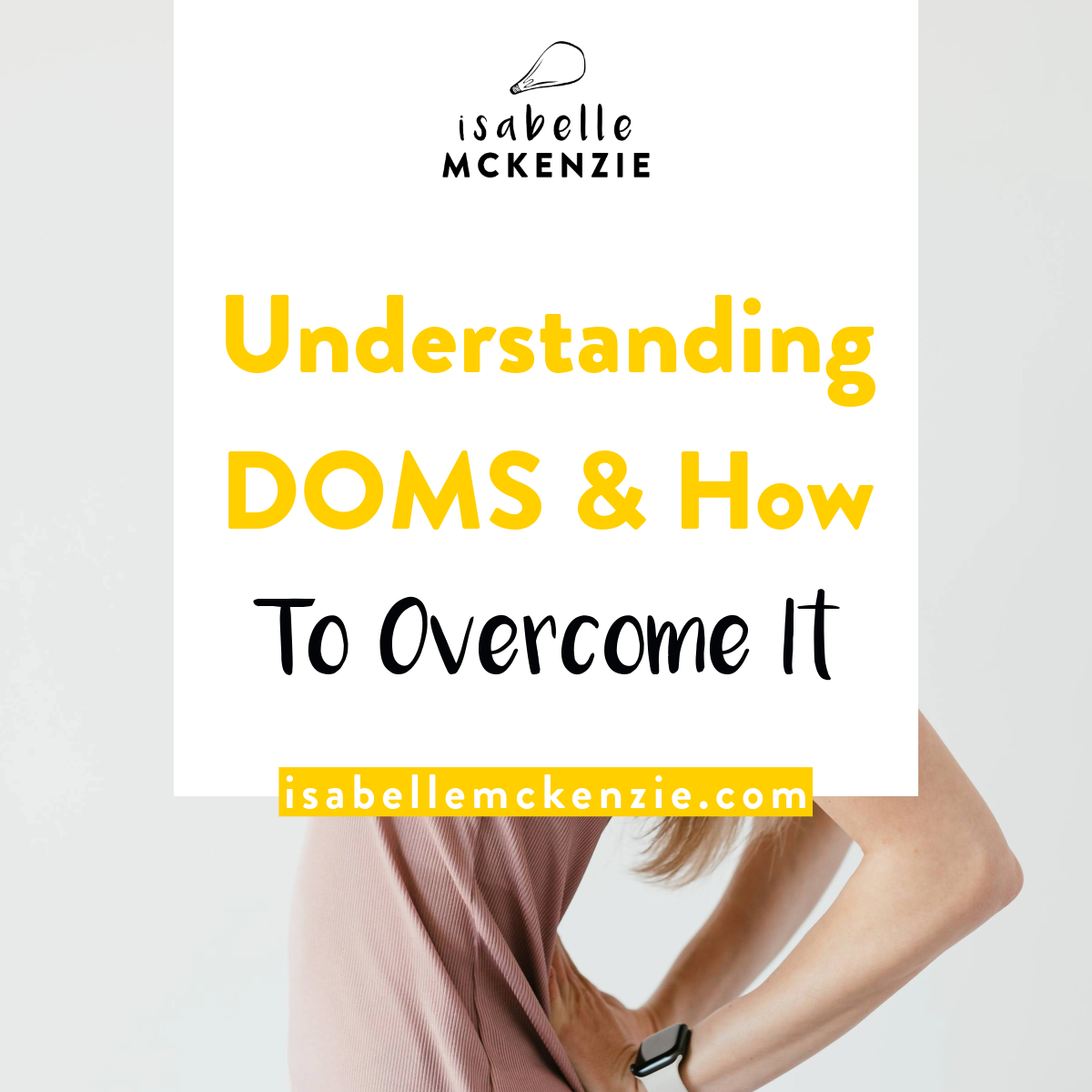The Best And Worst "Healthy" Sugar Alternatives - Ranked
#SugarBalancedLiving
Does coconut sugar spike your blood sugar levels like sugar? Is honey sugar in sweet disguise? Are you sabotaging your healthy, sugar balanced, low sugar or even sugar free diet with healthy sugar alternatives that aren’t so ‘healthy’?! It’s time to call out popular sugar alternatives and put them under the spotlight!
While many brands and influencers promote cutting out sugar and replacing them with so called guilt free ‘healthy’ sweeteners that make the idea of cutting out sugar seem easy, sadly, when you eat or drink those sweeteners, you actually be causing more sugar cravings and unwittingly be spiking your blood sugar levels.
Hold up…
If you’re a regular reader of mine you know that it's no secret sugar can affect things from your mood, hormones, and skin, to even health conditions like diabetes and EVEN cancer. Sugar is bad – it’s simple.
But when you start connecting the dots and get a glimpse into what sugar is actually, it’s not so simple.
What’s the difference between table sugar, glucose, and fructose? Does fruit count as sugar?
Cutting down on sugar isn’t just cutting down on table sugar. Many sweeteners - even natural ones - are basically still just sugar. So, what does this mean for all your favorite sweeteners? Well, in today post this is what we’re getting to the bottom of, and I'm going to share the low down on all the best and worst “healthy” common sugar alternatives.
But first, to understand what makes a sweetener bad or good, we first need to understand what exactly is sugar and do we even need it?!
Why is sugar so bad for you?
Firstly, there are different types of sugars which occur naturally:
fructose found in fruits
lactose found in milk and dairy products
glucose (your body's main source of energy) found in fruits, veggies, rice, etc
and then there is sucrose, also called table sugar which is normally refined sugar or sweetener
The sucrose found in processed foods is commonly extracted from sugar cane or sugar beets.
Basically in a natural whole form, sugar is energy for your brain, muscles and organs - they all need glucose to function. The best form of this energy is from fruits, vegetables and complex carbohydrates that have fiber, vitamins and other minerals our bodies need.
But the thing is, that like refined sugar, you need to eat NATURAL SUGAR in a limited manner - more on this in a second.
So sugar is a carbohydrate. Sugar in itself is not a food group.
To reiterate sugar in its natural form is found in fruit, and in unrefined carbohydrates like brown rice.
However, sugar that is created from we humans processing it is what we call processed sugar. This refined sugar is not a food. It is a pure chemical. It contains:
no nutrients
no protein
no healthy fats
no enzymes
Nothing good for you, and nothing needed by your body.
And again, from a nutritional standpoint, your body does not need refined sugar. If you never ate another morsel of candy, sugar, or starch again, you would live quite comfortably and in far better health.
Let me just repeat that in case the enormity of it didn’t sink in.
The fact is, there is…
There is no dietary requirement for processed sugar!
You need to eat protein. You need to eat carbohydrates. You need to eat fat. You do NOT need to eat any processed refined sugar at all because.
How processed sugar affects your body.
Your pancreas releases insulin to round up sugar, and the first place your body tries to store sugar is in muscle. The problem is when your muscles are full, it stores excess sugar in fat cells - causing nightmarish cellulite. To make it worse, the more sugar you eat, the more work your pancreas and liver have to do to maintain equilibrium.
With frequent insulin spikes from the sugar, come more insulin and leptin resistance. This means more insulin production, more fat storage and more insulin resistance.
Whether you’re skinny or overweight, these constant spikes in the blood sugar levels are toxic to your body - no discrimination.
And you see, the problem when it comes to many alternative sweeteners and high fructose foods outside of added sugar, is that when you look at them, the sources of the sugar are different, they lack natural whole food fiber (which slows digestion and spikes), and your body can't fully tell the difference.
Whether it’s white sugar, honey, agave, or corn syrup, they're all processed in a similar way.
The fructose in honey will still metabolize into fat in your liver, and of course eating large amounts may lead to many other negative effects and chronic health issues.
Meaning, if you like to consume large amounts of honey, or large amounts of processed sugary foods and drinks, you’ll be increasing your risk of insulin resistance, high blood pressure, and the list goes on.
This doesn't necessarily mean you’re destined for a life without sweet tastes - there are, in fact, some viable alternatives.
Luckily there’s more to consider when looking at these sugar alternatives as a whole. Let’s evaluate.
A note before we start: I have to say that if you have high insulin levels, are more prone to insulin resistance syndrome, are overweight, or have high cholesterol, high blood pressure, diabetes, or yeast infections, I highly suggest you be careful when consuming any sweetener - even fruit - until you get your condition sorted out.
The best and worst “healthy” sugar alternatives ranked… starting from the worst to best… let’s count it down!
11. Agave Nectar
At one point, agave nectar was the “it” so called healthy sweetener. There were claims of it being natural, it was marketed as a healthy, low glycemic, diabetic-friendly sweetener that doesn’t spike blood sugar levels, etc., but it’s now been shown to be the opposite because of its high fructose levels. Agave nectar is actually worse than table sugar and it has more fructose than high-fructose corn syrup.
As we know, high-fructose corn syrup is a toxic food that you should never eat.
Sadly, agave nectar maybe lower than table sugar on the Glycemic Index (basically how an index of how something affects your blood sugar) but the GI doesn’t really apply to sweeteners because it doesn’t measure fructose.
The reason why fructose ranks lower on the GI is because the body doesn’t instantly use it for energy, so it doesn’t affect blood sugar right away. However, when you eat excess fructose, it goes straight to your liver. It’s metabolized solely within the liver, so virtually all ingested fructose becomes stored as newly created fat.
It’s toxic to your liver and it messes with your hormones, which can lead to many times of health conditions: toxic accumulation, increased risk of fungal infections, decrease brain function, etc.
So, the harmful effects of Agave don’t have much to do with the glycemic index but everything to do with the large amounts of fructose.
10. Coconut Sugar
With the rise of popularity of coconut water, coconut milk, coconut flour and fresh coconut, some people are turning to coconut sugar as their ‘healthy’ sweetener because of its lower glycemic load and high mineral content.
Sadly, the frequent claims that coconut sugar is effectively low sugar isn’t true. Coconut sugar is lower than table sugar on the Glycemic Index but again the GI doesn’t really apply to sweeteners because it doesn’t measure fructose, and fructose is the main component of coconut sugar.
Its fructose content is processed in the same way as agave - straight to your liver - causing fat storage and health issues.
Coconut sugar may have trace amounts of some vitamins and minerals, but not enough to justify consuming that fructose hit. The bottom line is: you don’t want this stuff metabolizing in your body.
9. Artificial Sweeteners & Sugar Alcohols
Sugar alcohols found in many drinks and foods labeled as “sugar free” or “no sugar added” like mannitol, xylitol, erythritol, sorbitol, and maltitol can cause some scary gastrointestinal side effects, like bloating, gas, abdominal pain and diarrhea.
For example, xylitol. The laxative effect of xylitol is so definite that in fact it’s actually a part of the chemical formation of some over-the-counter laxatives.
Note for dog owners: sugar alcohol-based artificial sweeteners are life-threatening toxins to dogs. Be careful with dogs around breath mints, candies, sugar-free gum, frozen desserts, etc. Also, for those of you who are pregnant and breastfeeding women: you should completely avoid sugar alcohols, since their safety is not known.
And in general…. be even more wary of artificial sugars.
Artificial sweeteners like aspartame and Splenda are commonly found in diet sodas and diet foods, and they can very toxic to your health.
Many types of artificial sweeteners may lead to weight gain, metabolic syndrome, Type 2 diabetes, hypertension, cardiovascular disease, etc.
For example, a study by Researchers at the University of Iowa show the dangers of aspartame. Examining the link between diet drinks and cardiovascular issues, they studied 60,000 postmenopausal women and found that women who had two or more diet drinks a day were 30% more likely to go through a cardiovascular event and 50% more likely to die from cardiovascular related disease
8. Fruit Sweetened Juices
It may seem healthy at first…
But eating excessive portions of fruit is not a good idea, esp. when it’s had the important fiber blended or juiced out.
Fruit juice is loaded with sugar (and I mean LOADED). Yes… like whole fruit, fruit juice contains vitamins and minerals needed for health.
Unfortunately, despite seeming like a healthy option, these vitamins and minerals come with a dose of sugar and again lack of fiber.
You see, it takes a whole lot of fruit just to make one simple single glass of fruit juice, so you get way more sugar in a glass of juice than you would get by eating whole fruit. This makes it easier to consume a large amount of natural sugar. Oh, and too much fruit juice has been linked to weight gain and a higher risk of diabetes.
So with that, if you need to hydrate - just stick to water. If you want a dose of fruit flavor, stick to smoothies or even better choose whole fruit in place of fruit juice.
7. Maple Syrup
Native to North America, maple syrup comes in both grades A and B. Unprocessed maple syrups (not like that syrup you drown your pancakes in!) contain antioxidants and minerals, including zinc and calcium, and is one of the most natural, unrefined sources of sugar out there...
But unfortunately, even though maple syrup does contain those nutrients and antioxidants, it is also high glycemic, very high in calories and sugar, and calorie for calorie, maple syrup is a very poor source of nutrients compared to whole foods like vegetables, fruits and unprocessed whole form carbohydrates.
So with that said, I recommend skipping this as a ‘healthy’ sugar alternative.
However, replacing refined sugar and even coconut sugar with 100% pure maple syrup on cheat days or treat days is way better sweet option thanks to its unprocessed properties and well… at least it has some healthier benefits.
6. Honey
Raw honey also has some amazing antibacterial, antifungal, iron, zinc, potassium, calcium, antiviral, and anti-inflammatory properties, and can even help with digestion and skin issues.
But, like I mentioned in the beginning of this article, be careful because even pure raw honey has a large amount of fructose, and can act like sugar in your body (insulin spike).
However, dues to honey’s rare and brilliant health benefits, and it having less of a glycemic load than a single banana, if you are a regularly moderate healthy person I actually recommend that you can eat a teaspoon of raw honey twice a week for your health.
Although, I don’t suggest you use this stuff as a sugar replacement - if you do it’s most likely you’ll be eating or drinking to much fructose - and be sure not to cook or bake with your allotted amount of raw honey.
Eat your tsp of raw honey pure and uncooked and drizzle it on breakfast cereals, over your sprouted grain toast, on yogurt and for salad dressings.
But be warned, not all honey is created equally.
Just because a honey label says "natural" doesn't mean that all kinds of honey are healthy and good to use. Some honey can have antibacterial activity that is 100 times stronger than another honey, and processed refined honey will sometimes have zero beneficial properties. ZERO. NIL. NADA.
So, be sure to carefully read the label and opt for only raw honey. The darker the honey, the richer the flavor and the greater the nutrition benefits.
Furthermore… please note that if you have high insulin levels (like those of you who are diabetic, overweight, experience frequent and intensive hunger, etc.) I suggest staying away from all sweeteners - including raw honey - all together.
Any type of sweetener may decrease your insulin sensitivity and worsen your condition.
If you want to learn more about the pros and cons of honey in terms of sugar, as well as going in depth to honey’s health pros and cons, and the best forms of honey, I recommend you head over to in-depth post covering this all called: What Sugar Is In Honey, And Is It Bad For You?
5. Dates
Dates are loaded with fiber, and important vitamins, and minerals like potassium, copper, iron, manganese, magnesium and vitamin B6, and they’re easily digested and help to metabolize proteins, fats and carbohydrates.
However, dates - particularly medjool - are still naturally quite high in carbohydrates and natural sugar per tiny fruit, so you have to heavily moderate.
But, thanks to date’s lower-glycemic status, fiber, trace amounts of protein and being unprocessed and coming in a natural whole form, dates are still a solid bet in sugar alternatives, just as long as, again, you check for added sugars and moderate.
So, feel free to feed your sweet tooth with moderate portions of "nature's candy".
4. Stevia
Stevia is one of the best sweeteners out there. It has no bitter aftertaste, it has zero calories, zero carbohydrates, none of the nasty side effects of artificial sweeteners, and because stevia is way sweetener than normal sugar, it only requires a few drops to sweeten whatever you’re eating/drinking.
Just be sure to note that because it tastes so sweet it should be used in moderation too, to avoid sugar cravings.
Also, be sure to read the labels carefully, and make sure it’s pure stevia. Since some stevia products contain stevia as well as erythritol or xylitol, make sure to avoid those products. Because like I said earlier erythritol and xylitol may trigger indigestion, gas and other digestive issues.
Sweetleaf stevia vanilla crème sweetdrops is my favorite brand because it’s pure and doesn't have any nasty after taste (no, this isn’t sponsored, just my opinion).
3. Monk Fruit
Monk fruit sweetener, a popular sugar substitute among low-carb dieters, is made from extract derived from dried fruit - basically dried monk fruit juice. While monk fruit when extracted is 300–400 times sweeter than cane sugar, monk fruit sugar or powder contains no calories and has no effect on blood sugar.
Monk Fruit Juice powder is another one of my favorite healthy sugar alternatives available. I always say it’s like ‘sweetness without the bitterness’.
Something really cool about this sweetener is that the sweetness actually comes from naturally occurring antioxidants which are called ‘mogrosides’.
This super fruit is not just full of healthy antioxidants and vitamins, but works perfectly in a variety of foods and drinks, like coffee, yogurt, and baked goods.
However, 100% pure monk can be hard to find or expensive, so I usually tend to use liquid pure stevia instead. If you can get it though, go for it. Just be sure (like with stevia) to look for it without erythritol or xylitol: 100% pure monk fruit.
And… of course, also be sure to moderate like stevia - due to its high sweetness, a little will go a long way!
2. Banana Puree
Bananas are an excellent source of potassium and fiber, good source of vitamins B6 and C, and are great for controlling high blood pressure. Eating bananas = chilling out, right?! ;)
They also make great natural sweeteners with a lovely subtle banana-ey flavor. Mashed over-ripe bananas making a perfect healthy natural sweetener, thanks to their natural fruit form, nutritional benefits, and sweetness. Just be sure to not over consume bananas, as it can be easy to overdo fruit (remember fruit still contains fructose) like when mashed or blended.
It’s also good to shake things up and eat a good variety of fruits because they all have different nutrients.
If you want to learn more about the pros and cons of fruit sugar, as well as going in depth to how much fruit you should eat everyday for best abundant health, and learn about the best forms of fruit, I recommend you head over to in-depth post covering this all called: Sugar vs Sugar In Fruit + How Much Fruit Should You Eat and…
Grab your Sugar and Fiber in Fruit - The Ultimate FREE Printable List with the 25 most common fruits' sugar and fiber content that’ll help you always be in the know about how much natural sugar you’re eating and be able to make sure you’re getting enough fiber with it, so you’ll have balanced blood sugar levels.
1. Vanilla
Vanilla makes a number one sugar replacement when 100% pure. Not only is Pure Vanilla sugar free, natural, non-artificial, tastes and smells amazing with flavor making our taste buds go wild... but it also contains antioxidants, and can reduce nausea, boost metabolism, regulate menstruation, and calm your anxiety, making it a super food.
Just be sure to read the labels carefully, as many store-bought vanillas contain alcohol and added sugar or corn syrup… yuck!
Look for 100% pure natural vanilla extract! Also, since quality store-bought vanilla extract is pretty darn expensive, I tend to ration it out. Be sure to do the same as it can go quickly.
Wrapping it all up for you…
Sugar is sugar, no matter what form it’s in, and its effects are especially prevalent in processed, high-fructose, non whole form sweeteners that can be dangerous for our vital and abundant health.
This doesn't necessarily mean you’re destined for a life without sweet tastes. Living a healthy, clean eating lifestyle is all about balance - sugar balance. As long as you can stay healthy vibrant… life is for living right?!
As you’ve now learned from this article, there are some viable healthy alternatives that are still deliciously sweet. But, even with the healthy natural sugar substitutes, don’t go crazy and keep moderation mind.
Also, staying away from artificial and alcohol sweeteners is a great idea. Not just because of their effects (sometimes even toxic effects) but also because they are very likely to cause you to crave and drink and eat more sugar and high blood sugar levels spiking foods.
Well… what is the best sweetener?!
After all this info… just to run it down for you in case you’re still wondering what the best alternative to sugar is – I have to say that is definitely a matter of unprocessed, natural whole form, taste preference as well as health status. BUT, but as you’ve seen, a good alternative to refined sugar is a healthy natural sugar substitute rather than artificial sweeteners. Great natural sugar substitutes include stevia, monk fruit, pureed fruit, dates, vanilla and very moderated honey.
Again my friend… living healthy doesn’t mean you have to give up sweets entirely; it just means you need to replace unhealthy refined sugars and artificial sweeteners with these natural sweeteners and sugar substitutes, and moderate.
Before you go I just have to say, even with all this craziness of deciding on sweeteners, I'm really proud that you’re taking the steps forward for reducing sugar in your life, and create a sugar balanced lifestyle.
I know that sugar’s obsessive pull, including endless cravings, can make cutting down on high blood sugar level spiking and high fructose foods/drinks feel impossible, but you can defeat it.
You ARE strong and you can bust those nasty cravings and negative eating habits and live a happy healthy lifestyle without sugar controlling your diet. I’m so excited for you to start cutting down on sugar and getting your balance, that I've even put together some complete and really useful steps on cutting back sugar!
Check out my FREE ‘Ultimate Guide to Crushing Your Sugar Cravings’ Downloadable Guide.
Learn my ‘essential’ steps to help you crush that frustrating and annoying sugar craving once and for all. This guide + worksheets will allow you to learn exactly how to live with a positive and not overly restricted sugar balanced diet.

















… yup, the Isabelle behind the IsabelleMcKenzie.com!
Instagram: @ItsIsabelleM | Pinterest: @ItsIsabelleM | Subscribe on Youtube
I’m dedicated to helping teach people how to live their happiest, healthiest life and reach their goals so that they can create the lifestyle of their dreams with integrity & purpose.
I focus on self-care, mind, body and health, dedicated to helping teach peeps how to live their happiest, healthiest life and reach their goals so that they can create the life that will have them jumping out of their bed in the morning to actually live!
Read More >